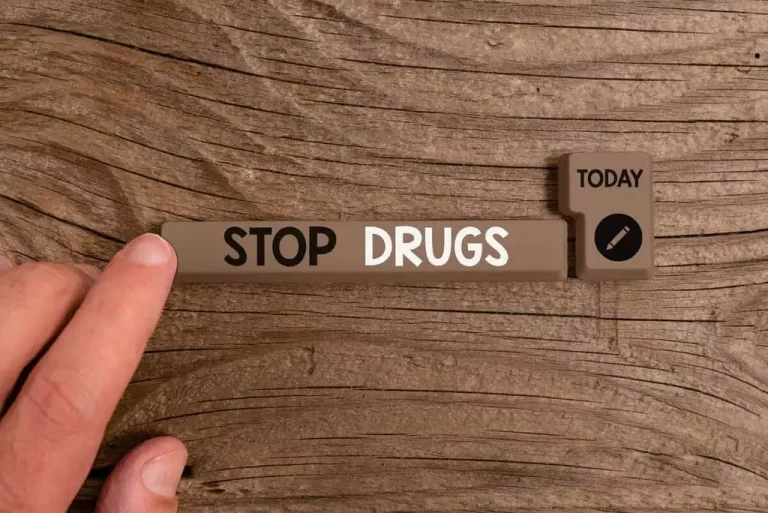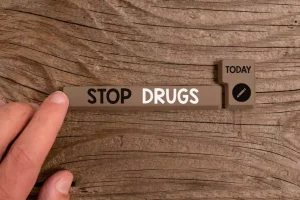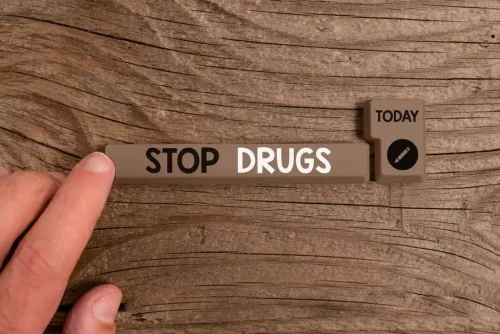
Contact The Recovery Village Ridgefield to speak with a representative about how professional treatment can address a substance use disorder and any co-occurring mental health disorders. The liver is the primary organ responsible for how to reset alcohol tolerance metabolizing alcohol. It produces enzymes that break down alcohol into acetaldehyde, which is then further broken down into acetate.

Is a High Tolerance for Alcohol Genetic?
By resetting your body, you give it a chance to heal and recover from the damage caused by alcohol. This process can lead to numerous benefits, including improved liver function, reduced risk of cardiovascular problems, enhanced mental clarity, and increased energy levels. To reduce alcohol tolerance, a person needs to reduce the amount of booze one drinks. As a result of lowering the tolerance, one will feel the effects of alcohol after consuming smaller quantities than before. This method is used to prevent the development of alcohol dependence and alcohol abuse.
- It’s important to note that metabolic tolerance doesn’t necessarily mean the person is less impaired; they may simply be processing alcohol more quickly.
- Some writers, poets, artists, or people with different talents feel the need for booze to get them in the mood to be creative, which can result in chronic alcoholism.
- The genes that process alcohol (ADH and ALDH) have been linked to alcohol addiction.
- A tolerance break is temporary abstinence from a substance to reduce or avoid chemical dependence and tolerance.
- “Say, hey, it’s dry January,” and tell them why you’re taking a break.
- Regardless of the reason and goal, 30 days of abstinence is the best way to start.
How to take a break and reset your alcohol tolerance
If you’re worried that you have symptoms of alcohol dependence, talk to your GP or seek further information from a support service before stopping. Tolerance does not develop the same way for everybody and for every substance. Some drugs, like benzodiazepines, are highly addictive, and tolerance can be expected to develop within just the first few days of daily use. Other drugs, such as antidepressants, are not known to be habit-forming, and people do not generally develop a tolerance to them. That means they will continue to respond in the same way to the same amount of antidepressant no matter how long they take the medication.

Functional Tolerance Can Result in Dependence
- Alcohol intolerance may cause a person to experience immediate reactions after they drink alcohol, or they may develop it hours after, the day after, or even later in life.
- Learn more about 15 risk factors that increase or decrease your risk for developing a problem with alcohol in this episode.
- It highlights the importance of considering both biological and social factors in addressing issues related to alcohol tolerance and consumption.
- These beliefs can help rationalize the negative experiences that might also occur.
- This is because familiar “cues” – such as your home setting – are repeatedly paired with alcohol’s effects.
If you don’t use a period of abstinence wisely, you face risks when you return to drinking. There are ways to have a period of abstinence and still be social. Additionally, people may seek support from family and friends or advice from a medical professional if they require longer-term support.

Using significant higher amounts of alcohol, researchers found that laboratory animals developed tolerance in an environment different from the one in which they were given alcohol. Research has found, however, that functional tolerance can develop at the same rate for all of the effects of alcohol. For example, someone may quickly develop a functional tolerance for mental functions, such as solving puzzles, but not for tasks requiring eye-hand coordination, such as driving a vehicle.
- In some cultures where drinking is more accepted or even encouraged, individuals with genetic variants that increase tolerance might be more likely to engage in heavy drinking.
- Maybe you just want a break, or university, parental, academic or legal pressures have come to light, or you believe you just need to cut back.
- However, the long-term effects require a more extended period to reverse.
- Most people who try to moderate use without lowering tolerance do not find much success.
- You’ll meet millions of fellow Reframers in our 24/7 Forum chat and daily Zoom check-in meetings.
Steps to Reset Your Body from Alcohol Consumption
In this situation it can be dangerous to stop drinking completely or cut your drinking too quickly without medical support. However, your body is highly adaptable; it can adjust to regular heavy drinking. Your nervous system communicates through inhibitory and excitatory chemicals.
- The difference is so dramatic that if an Asian person with ADH deficiency consumes the average amount consumed by people in the West, they might develop an alcohol flush reaction.
- Our daily research-backed readings teach you the neuroscience of alcohol, and our in-app Toolkit provides the resources and activities you need to navigate each challenge.
- The danger of alcohol tolerance is that your blood alcohol content level continues to rise and increase the dangers of overdose, even if you don’t feel the effects of alcohol.
